Ao Proximal Humerus Fracture Classification
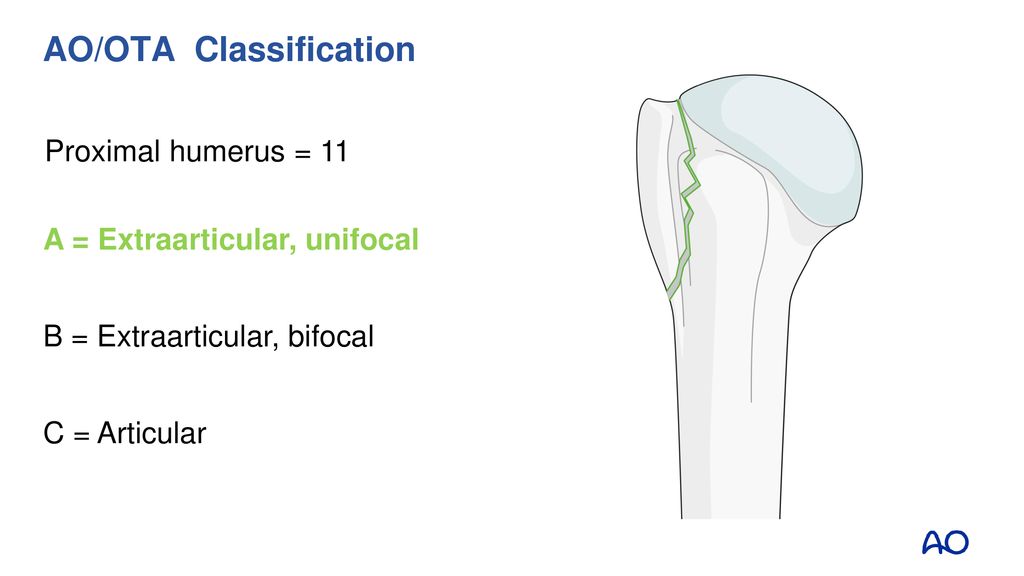
Proximal Humeral Fractures Ppt Download

Table 1 From Translation Between The Neer And The Ao Ota Classification For Proximal Humeral Fractures Do We Need To Be Bilingual To Interpret The Scientific Literature Semantic Scholar

8 Classification Of Fractures Of The Distal Humerus A Ao Classification Download Scientific Diagram
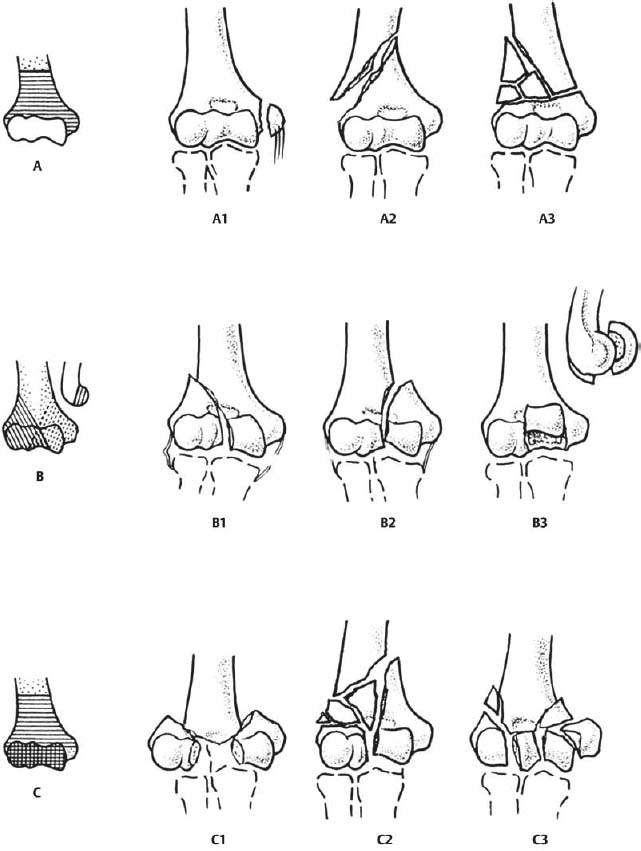
Total Elbow Arthroplasty For Distal Humeral Fractures Musculoskeletal Key
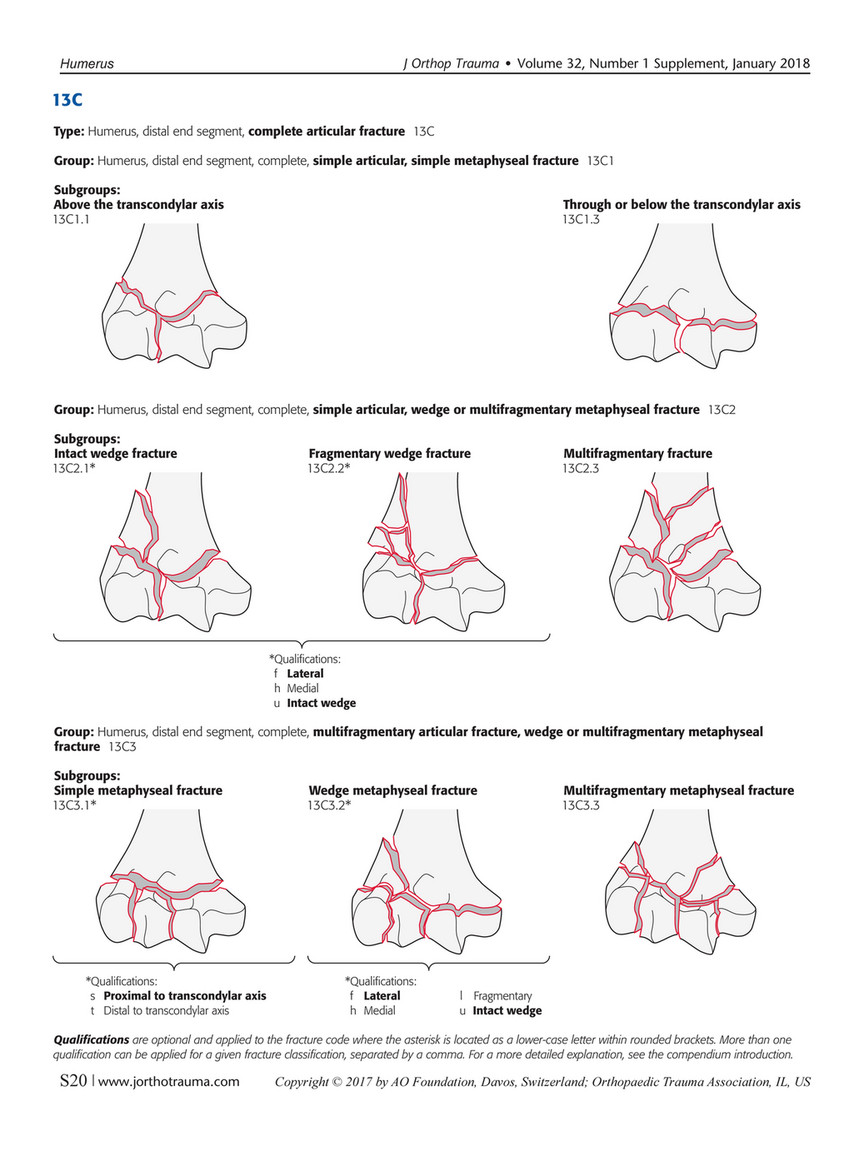
Ao Foundation Ao Ota Fracture And Dislocation Classification Compendium 18 Page 23

Humeral Shaft Fractures Sciencedirect
It is divided into 3 categories based on the severity of injury and likelihood of avascular necrosis of the humeral.
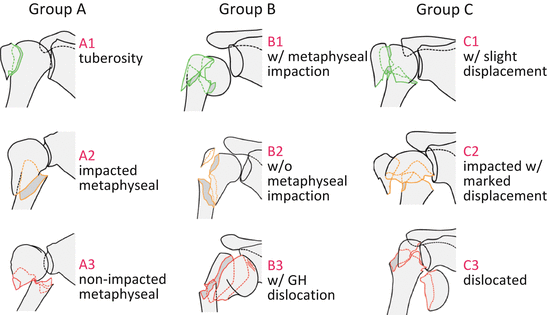
Ao proximal humerus fracture classification. All groups are divided into three subgroups based on the degree of displacement, impaction, or dislocation, resulting in a total of 27 subgroups. The AO group has developed a comprehensive classification of. The partial articular type does not exist in the humerus or femur.
Surgical treatment may be indicated in more complex and displaced fractures. Risk factors include osteoporosis and diabetes. The AO classification proved to be more comprehensive because in the Neer classification, half of the fractures are minimally displaced and almost nine-tenths fall into only three categories.
A humerus fracture is a break of the humerus bone in the upper arm. They are based on assessment of two or three perpendicular preoperative radiographs. Surgical neck, anatomic neck, lesser tuberosity or greater tuberosity.
Any fracture pattern with less than 1 cm displacement. The classification proposed by Neer16 remains the standard for the evaluation and discussion of these injuries. Proximal humerus fractures are common fractures often seen in older patients with osteoporotic bone following a simple ground-level fall on an outstretched arm.
It considers the presence of displacement or angulation of each of the four major segments of the proximal humerus:. Diagnosis is generally based on X-rays or CT. The most frequently used classification systems for proximal humeral fractures are the Neer classification (Figure .3) and the AO classification (Figure .4).
Based on AO classification, the proximal end of the humerus is delineated by a square with its lateral side equal to the maximum width of the epiphysis. 25 This will increase the demands on health providers further, and some suggest that society faces an epidemic of fractures in the elderly. Overall, the OTA/AO classification system for proximal humeral fractures has nine groups (11-A1/2/3, 11-B1/2/3, 11-C1/2/3).
Any classification for pediatric fractures must be applicable for all fractures and recognize the importance of growth through the epiphyseal plate. A simpler modified Neer system using only six fracture types is described by Bernstein but is not in common use 7. AO Davos Courses.
The Neer system divides the proximal humerus into four parts and considers not the fracture line, but the displacement as being significant in terms of classification. AO/OTA Fracture and Dislocation Classification Long-bone Fractures 41B Partial articular 41B1 Split 41B2 Depression. 50 These fractures can cause prolonged and severe disability and often are underestimated when compared with hip fractures.
The AO classification system for proximal humeral fractures is not commonly used. Surgical neck, anatomic neck, lesser tuberosity or greater tuberosity. There was a tendency toward higher risk of nonunion in proximal third humeral shaft fractures.
AO Trauma Course - Principles in Operative Fracture Management Lecturer:. Diaphysis/Epiphysis A - Simple extra-articicular (1-spiral, 2-oblique, 3-transverse) B - Segmental partial-articular C - Comminuted articular. The aim of this study was to test the null hypothesis that interobserver reliability of the AO classification of proximal humeral fractures, the preferred treatment, and fracture characteristics is the same for two-dimensional (2-D) and three-dimensional (3-D) computed tomography (CT).
Proximal humeral fractures are common osteoporotic fractures .The Neer and the Arbeitsgemeinschaft für Osteosynthesefragen (AO) classification are frequently used for classification 2, 3.Epidemiological studies have reported an overall increase in the incidence of proximal humeral fractures from 1970 to 07 4–6.However, little is known about the association between. The humeral head, the greater. Type I - incomplete fracture where Rogers’ line still intersects the capitellum AND in the AP view there is no more than 2 mm valgus/varus fracture gap.
AO Trauma Masters Course - Current Concpets Lecturer:. Proximal humeral fractures - newer methods and results. They are classified according to their location as proximal, humeral shaft, or distal fractures.
11-E/8.1 Intraarticular flake fracture 2 Radius/Ulna 3 Femur “Research into the healing patterns of pediatric fractures assumes a common language that must be the prerequisite for comprehensive documentation as the basis for treatment and research”. Drawing of the pathoanatomy of proximal humeral fractures. Fragments must be displaced by 1 cm.
Jupiter Classification of Bado II Montaggia Fractures. They explain the specific problems of reduction and fixation. Overall, the OTA/AO classification system for proximal humeral fractures has nine groups (11-A1/2/3, 11-B1/2/3, 11-C1/2/3).
1 - Humerus 2 - Radius/Ulna 3 - Femur 4 - Tibia/Fibula-1,2,3 = Proximal, diaphysis, distal. The AO coding of a proximal humerus fracture is “ 1 1,” and is further divided into three categories based on the severity of injury:. AO Classification of Proximal Humeral Fractures.
Our services and resources;. Stable fixation, especially in severe joint fractures, should therefore be achieved. Bado Classification of Monteggia fractures;.
Extra-articular unifocal (either tuberosity +/- surgical neck of the humerus ) A1:. The cause of a humerus fracture is usually physical trauma such as a fall. AO Surgery Reference is a resource for the management of fractures, based on current clinical principles, practices and available evidence.
Proximal humeral fractures account for 4–5 % of all fractures, with the higher incidence in women. Notice the predictable displacement caused by deforming muscle insertions. "AO" is an initialism for the German "Arbeitsgemeinschaft für Osteosynthesefragen", the predecessor of the AO Foundation.
Fracture displacement is codified into types, at the distal humerus and the proximal radius. A mid-shaft humerus fracture is a break in the middle of your humerus. AO/OTA Classification of Distal Humeral Fractures;.
Complications may include injury to an artery or nerve, and compartment syndrome. Sling immobilization is the treatment for the majority of these fractures. Proximal Third Humeral Shaft Fractures -- A Fracture Entity Not Fully Characterized by Conventional AO Classification There is clear evidence of specific characteristics which differentiate proximal third humeral shaft fractures from those of midshaft and distal third.
Join from wherever you are in the world. News trends on AO/OTA Classification of Distal Humeral Fractures. Be alerted to news on AO/OTA Classification of Distal Humeral Fractures.
27 The incidence is increasing, along with an increasing tendency to more severe fractures.8, 12, 18 The management of these often debilitating injuries is based on various fracture classification systems.16, 18. Commentary Blogs on AO/OTA Classification of Distal Humeral Fractures. Patients may present with localized pain, swelling, and deformities.
Proximal Humerus Fracture Classifications A1:. A proximal humerus fracture is a break of the upper part of the bone of the arm (). Extra-articular unifocal fracture :.
Proximal humerus fractures commonly occur in the elderly, while distal supracondylar fractures are the most common type of fracture in the pediatric population. Hip periprosthetic fracture module is now online. The four parts are the humeral head, the greater tuberosity, the lesser tuberosity and the humeral shaft.
A number of classification systems of the proximal humerus are described in the literature, with the Neer and Arbeitsgemeinschaft für Osteosynthesefragenbeing (AO) the most widely used 5,6. Proximal Humeral Fractures - Nonoperative Care And When It Is Appropriate. Join from wherever you are in the world.
Reclassification of the same fractures was undertaken after a 6-month interval, and interobserver and intraobserver correlation, by use of the κ. Despite their widespread use, these systems are variable in both reliability and accuracy. Hip periprosthetic fracture module is now online.
The rates of AVN of the humeral head were determined clinically and radiographically. The classification of proximal humeral fractures with both the Neer and the AO systems remains difficult with minimal improvements seen when reducing the number of categories in each. Classifications of Coronoid Process Fractures;.
Humerus fractures can result from direct or indirect trauma. In the latest version of the AO/OTA classification 14 it is stated that type B type fractures represent three-part fractures, or fracture-dislocations by the Neer classification. This retrospective study included 30 patients with a mean age of 63 ± 14 years with dislocation fractures of the proximal humerus type or C3 according the AO/OTA classification.
Humerus 11 Proximal end segment 2R1 Proximal end segment. The AO classification of clavicular fractures along with the Neer classification system is one of the more frequently used classification systems when assessing distal clavicular fractures. Simple proximal humeral fractures involving one tuberosity or the metaphysis (unifocal or Neer 2-part fractures) and proximal femoral fractures involving the trochanteric area are type A;.
Complications may include axillary nerve or axillary artery injury. AO Davos Courses. Symptoms include pain, swelling, and a decreased ability to move the shoulder.
Fracture and Dislocation. Regardless of the imaging performed, the number of displaced fragments should be assessed, to enable appropriate classification of the fracture (Neer classification or AO classification are most commonly used). Your voice Feedback and feature suggestions.
The Müller AO Classification of fractures is a system for classifying bone fractures initially published in 1987 by the AO Foundation as a method of categorizing injuries according to therognosis of the patient's anatomical and functional outcome. Books on AO/OTA Classification of Distal Humeral Fractures. Proximal humerus fracture rates will continue to increase with the aging population 5-7,58 and the concomitant rise in osteoporosis.
However, we found that type B patterns could also appear as Neer 1- and 2-part fractures. All groups are divided into three subgroups based on the degree of displacement, impaction, or dislocation, resulting in a total of 27 subgroups. There was no correlation between AO/OTA fracture classification or fracture location and union status.
Fractures of the proximal humerus were examined with anteroposterior, lateral, and axillary radiographs. The fracture is usually evident as a lucency and cortical breach with variable degrees of angulation, impaction and displacement. In the AO classification, the B1.1, .2, A3.2 and A1.2 sub-groups comprise over half of all proximal humeral fractures, while the AO type C fractures occur in only 6%.
Indications according to the different fracture types using the AO-Classification and the fixation techniques, are described for proximal, shaft and distal humeral fractures. However, other factors, such as osteoporotic bone, associated soft tissue injury and the patient's overall health and motivation, will also influence treatment choices and outcome. AO classification of proximal humeral fractures type A:.
Three independent reviewers classified the fractures using the AO, Neer, and HGLS systems. We help you diagnose your Proximal humerus case and provide detailed descriptions of how to manage this and hundreds of other pathologies. The AO spine classification of thoracolumbar injuries is one of the more commonly used thoracolumbar spinal fracture classification systems and aims to simplify and universalise the process of classifying spinal injuries and improve interobserver and intraobserver reliability 3.
A proximal humerus fracture is a break in the upper part of your humerus near your shoulder. Fracture and Dislocation Classification Compendium (Meinberg E, Agel J, Roberts C, et al. Gr tuberosity avulsion :.
Distal humeral fracture displacements are coded as types I-IV, as illustrated:. Extra-articular unifocal fracture with impacted metaphyseal fracture A3:. Ideally, a fracture classification system should act as a guide to treatment, like the Neer classification or the AO system for proximal or diaphyseal humeral fractures.
Frykman Classification of Distal Radial Fractures;. Theddy Slongo, 07 AO Pediatric Comprehensive Classification of Long-Bone Fractures (PCCF). The classification system, broken into three categories focuses on the displacement and pattern of the fracture and the integrity of the coracoclavicular ligaments.
The incidence of proximal humeral fractures is reported to be 6% per 10,000 fractures, with approximately 15% of these being complex 3-part and 4-part fractures. We help you diagnose your Humeral shaft case and provide detailed descriptions of how to manage this and hundreds of other pathologies. To address these needs, the validated AO Pediatric Comprehensive Classification of Long Bone Fractures (PCCF)1 was introduced to the AO/OTA Compendium of Fractures and Dislocations in 07.
News AO/OTA Classification of Distal Humeral Fractures in the news. There may be a decreased ability to move the arm and the person may present holding their elbow. We aimed to, a) assess and compare the reliability of the Neer (complete and abbreviated versions) and Arbeitsgemeinschaft für.
Several classifications for proximal humeral fractures exist, with excellent reliability and reproducibility of such classifications being a desirable feature. Unlike the other widely used system, the thoracolumbar injury classification and severity score (TLICS) 1, the AO. The cause is generally a fall onto the arm or direct trauma to the arm.
Mason-Johnston Classification of Radial Head Fractures;.

Jaypeedigital Ebook Reader

Operative Treatment Of 2 Part Surgical Neck Fractures Of The Proximal Humerus Ao 11 A3 In The Elderly Cement Augmented Locking Plate Philos Vs Proximal Humerus Nail Multiloc Topic Of Research Paper In

Intraobserver And Interobserver Reliability Of Recategorized Neer Classification In Differentiating 2 Part Surgical Neck Fractures From Multi Fragmented Proximal Humeral Fractures In 116 Patients Sciencedirect
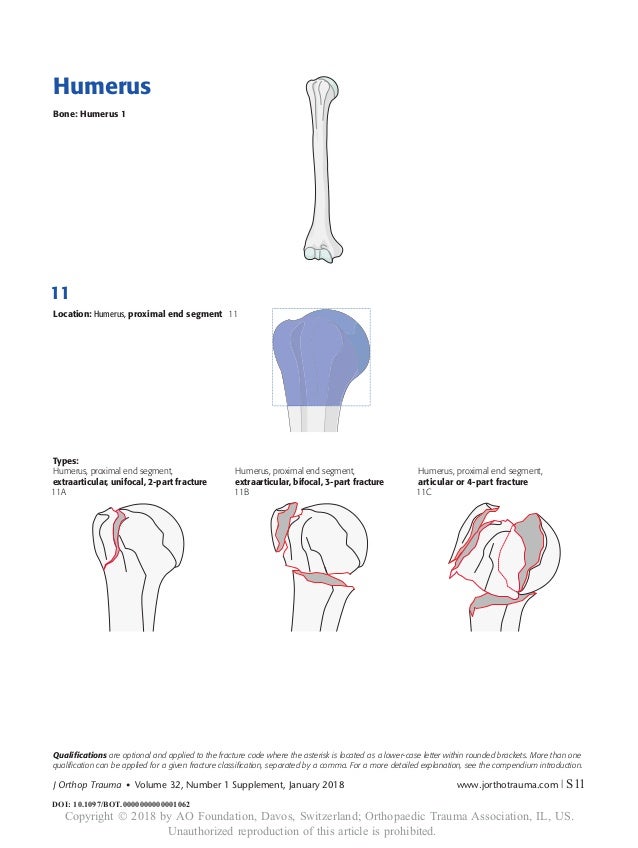
Ao 18

Understanding Proximal Humerus Fractures Image Analysis Classification And Treatment Journal Of Shoulder And Elbow Surgery

Ao Asif Fracture Classification Plastic Surgery Key

Biomechanical Analysis Of Plate Systems For Proximal Humerus Fractures A Systematic Literature Review Biomedical Engineering Online Full Text
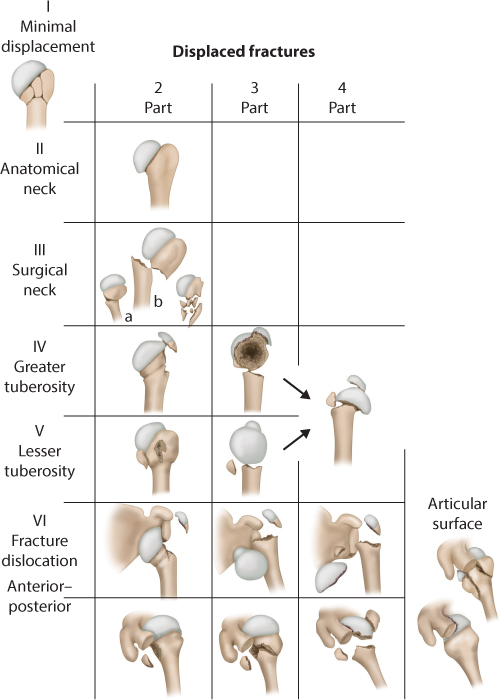
Proximal Humerus Fractures Trauma Orthobullets
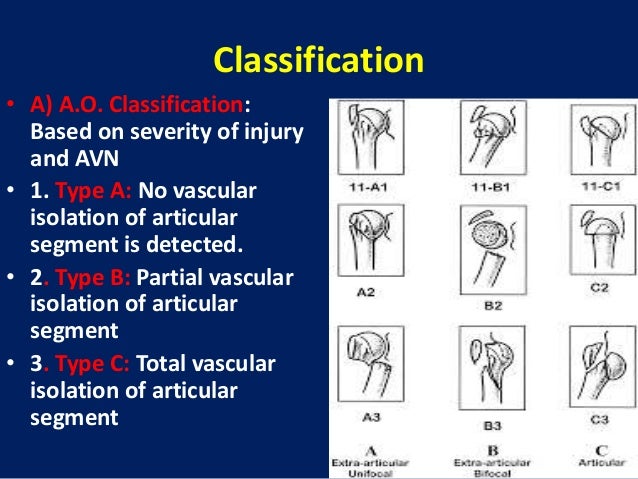
Fracture Proximal Humerus Fixation With K Wires And External Fixator
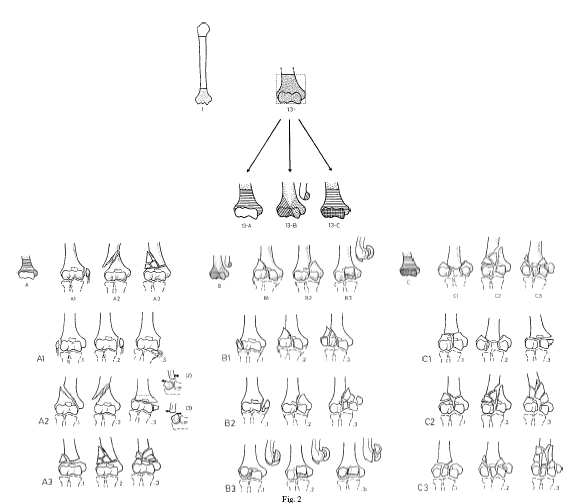
Distal Humeral Fractures
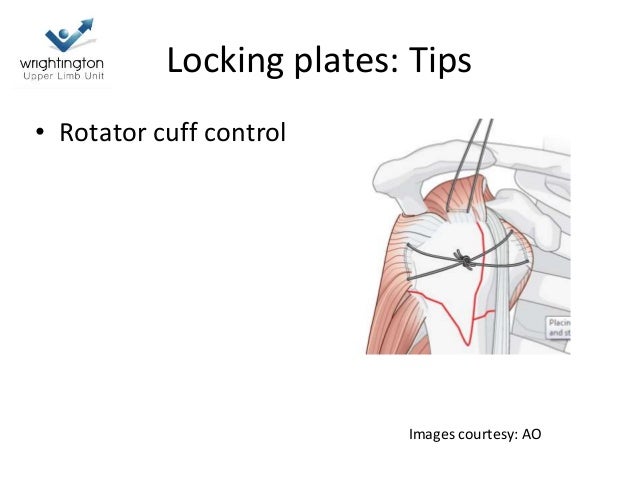
Proximal Humeral Fractures
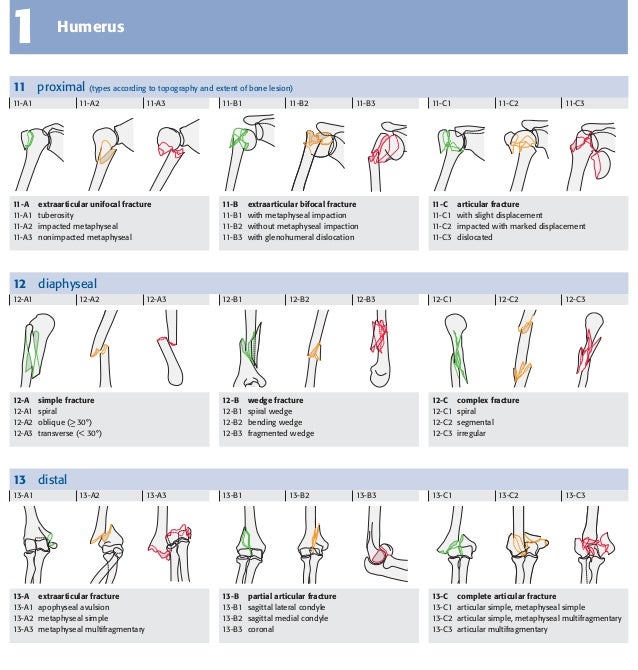
Muller Ao Classification
Nanopdf Com Download Proximal Humerus Fractures 3 Pdf
Q Tbn 3aand9gcsw4ak9gjxerifvzs8qhl6ck2ldcixizm4i2fbxjnxfcjv39cid Usqp Cau
Www Tandfonline Com Doi Pdf 10 3109 13 60
Tibia Proximal Aocms
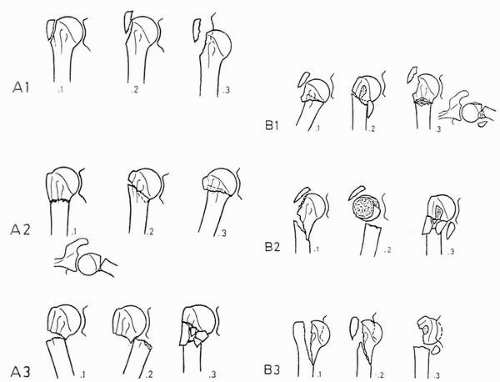
Fractures Musculoskeletal Key
Q Tbn 3aand9gcsjf5m9sgshssplpb8v6jzziakz5o9ahdmatap0q5afupeiffk0 Usqp Cau

Proximal Humerus Fractures Trauma Orthobullets

Distal Humerus Fractures Trauma Orthobullets

Proximal Humerus Fractures Trauma Orthobullets
Radial Head And Complex Elbow Injuries Aocms

Reproducibility Of Three Classifications Of Proximal Humeral Fractures
Pure Uva Nl Ws Files 04 Pdf

T Condylar Distal Humerus Fractures Musculoskeletal Key
Ota Org Sites Files 18 08 U05 Distal humerus fractures Pdf
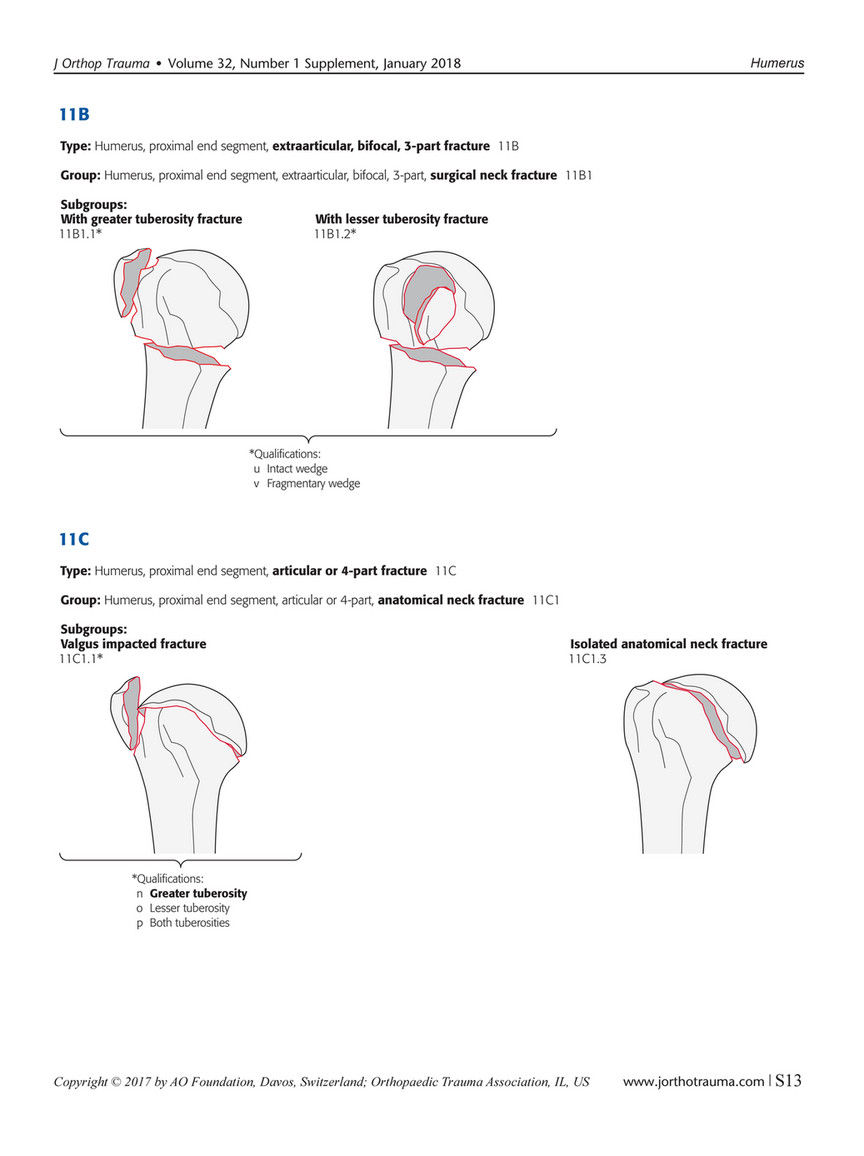
Ao Foundation Ao Ota Fracture And Dislocation Classification Compendium 18 Page 17
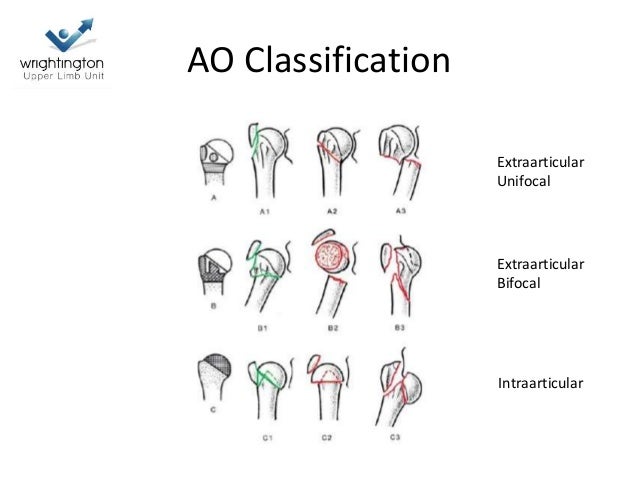
Proximal Humeral Fractures
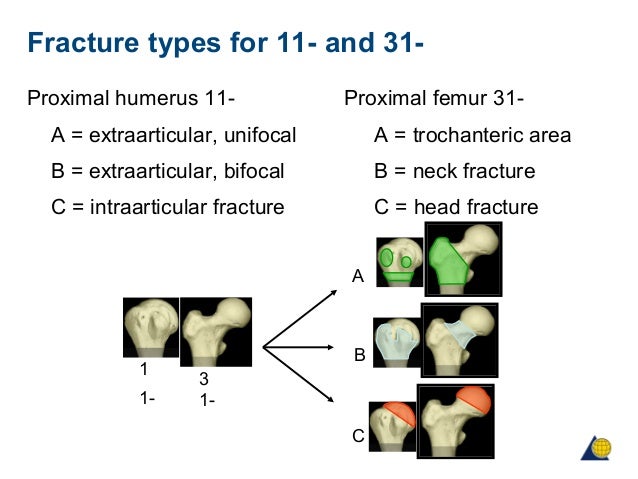
Ao Classification
D Nb Info 34
Q Tbn 3aand9gcrnca8ts8tewodsahvgroz V0bs8ohwzbiddxlu4std3a8paxfo Usqp Cau

2 Surgical Neck Fracture Musculoskeletal Key

A Retrospective Insight Into Patterns Of Humeral Shaft Fractures Among Nigerians From Radiological Viewpoint Ezeuko Vc Esechie Le Oigbochie Ve Ighalo Ee J Exp Clin Anat
Www Tandfonline Com Doi Pdf 10 3109 13 60
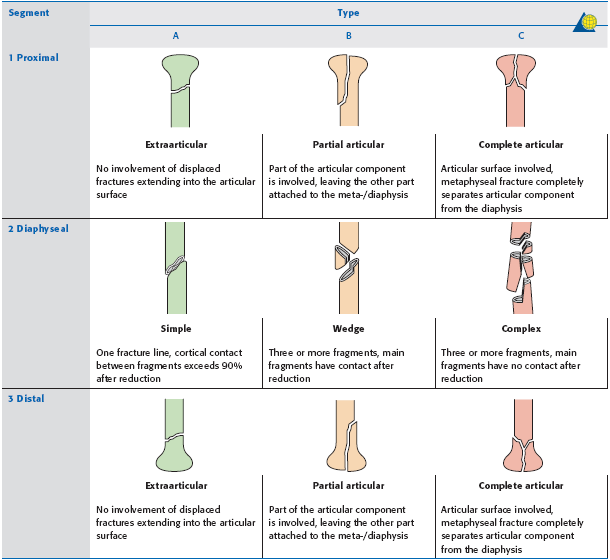
Proximal Humerus Fracture Core Em

6 2 1 Humerus Proximal Musculoskeletal Key

Reliability And Reproducibility Of The New Ao Ota 18 Classification System For Proximal Humeral Fractures A Comparison Of Three Different Classification Systems Semantic Scholar

Ao Asif Fracture Classification Plastic Surgery Key

The Ao Ota Classification Consists Of Three Types Nine Groups And 27 Download Scientific Diagram
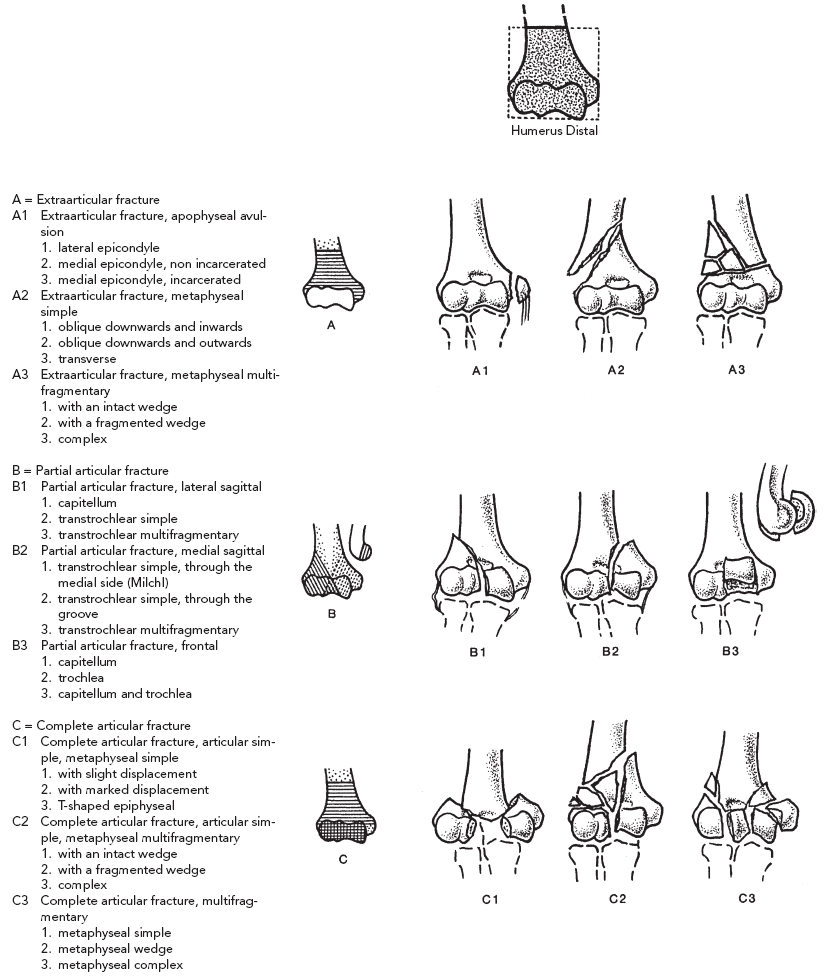
Replacement Arthroplasty For Acute Fractures Musculoskeletal Key
2
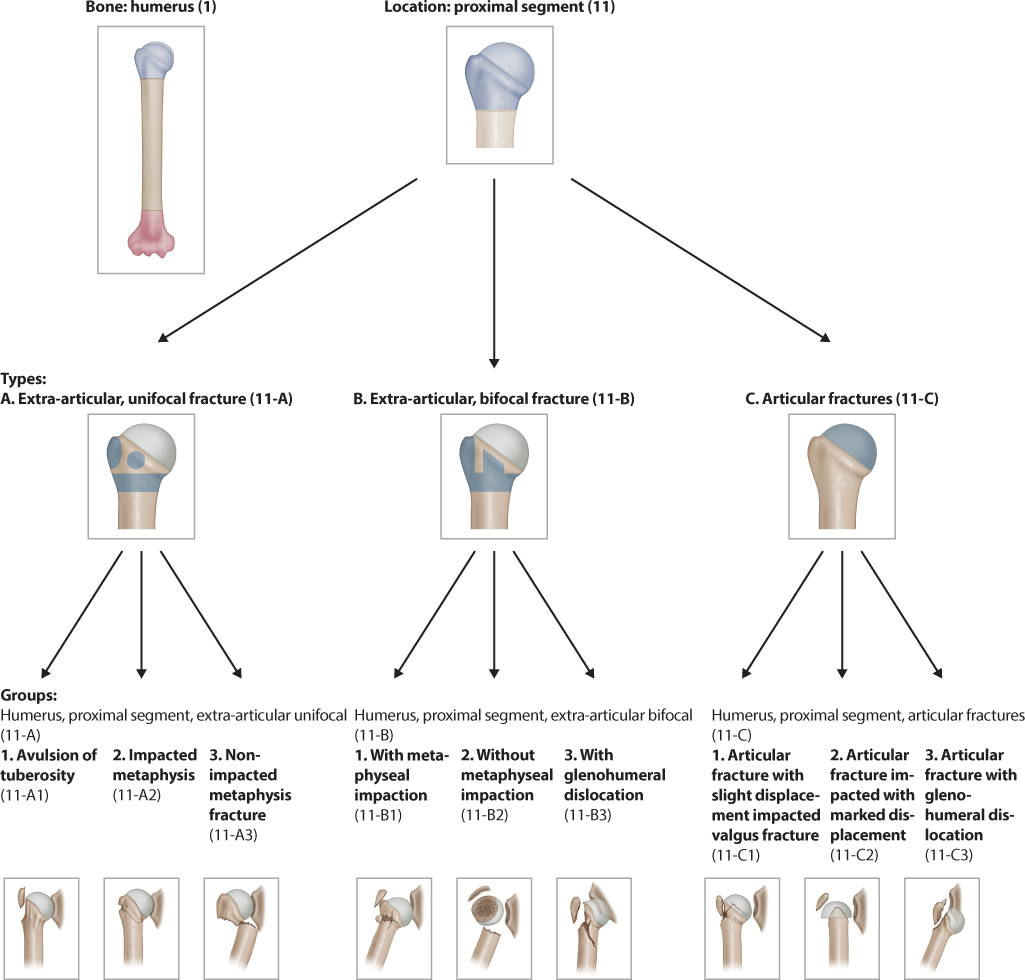
Proximal Humeral Fractures Musculoskeletal Key

Proximal Humeral Fractures Classification And Treatment Springerlink

Reproducibility Of Three Classifications Of Proximal Humeral Fractures
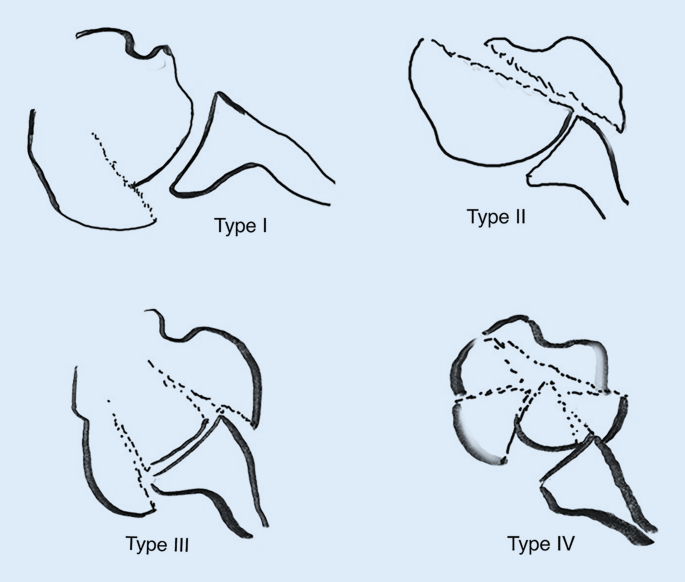
Head Split Fractures Of The Proximal Humerus Springerlink

Ao Ota Classification Of Distal Humeral Fractures Wikidoc

Ao Ota Classification Of Distal Humerus Fractures From Journal Of Download Scientific Diagram

Table 1 From Translation Between The Neer And The Ao Ota Classification For Proximal Humeral Fractures Do We Need To Be Bilingual To Interpret The Scientific Literature Semantic Scholar
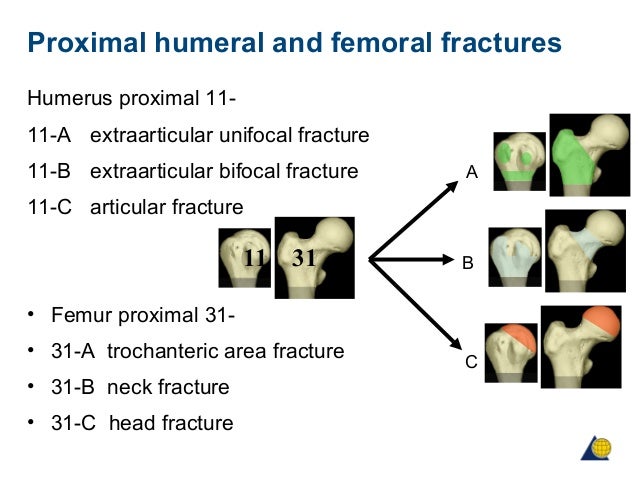
Ao Classification

Proximal Humeral Fracture Dislocation Ao Classification Radiology Case Radiopaedia Org

Classification Of 24 Proximal Humeral Fractures By 4 Orthopedists And 3 Download Table
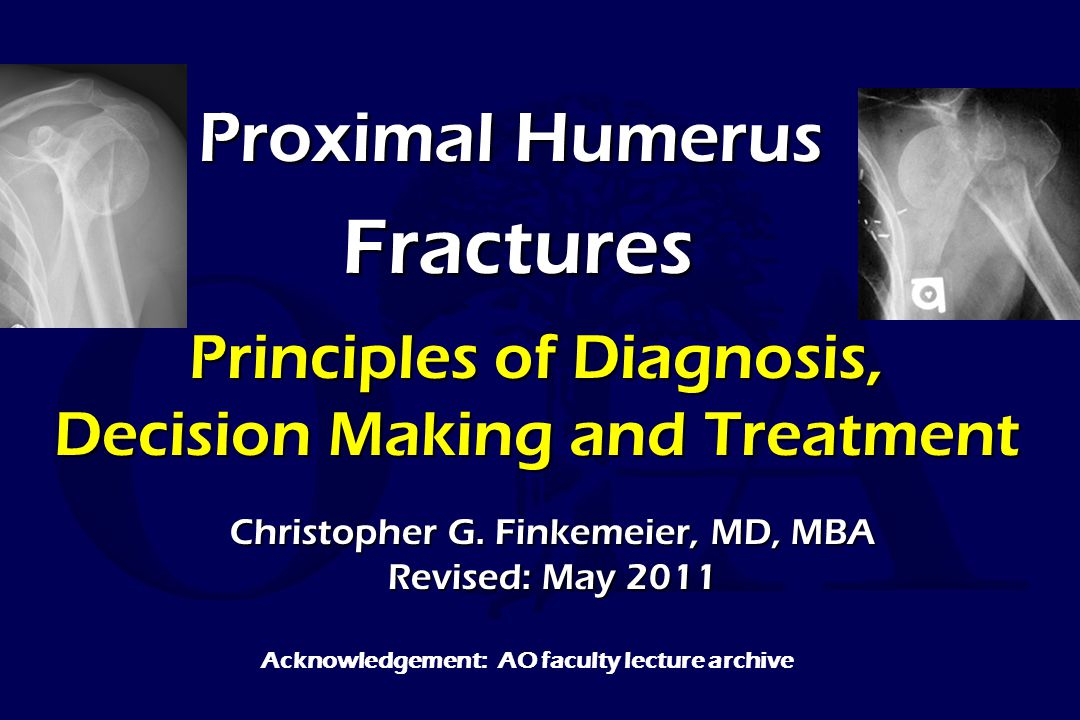
Acknowledgement Ao Faculty Lecture Archive Ppt Video Online Download
Www Tandfonline Com Doi Pdf 10 3109 13 60

Proximal Humerus Fractures 1 Ota Lecture Series Iii U03a Youtube
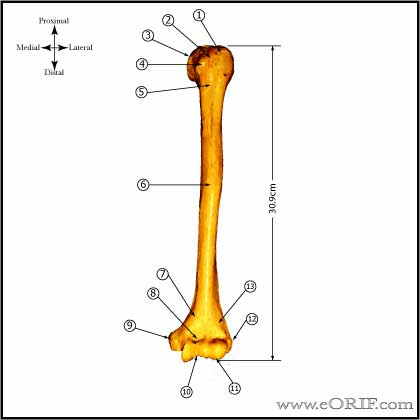
Proximal Humerus Fracture S42 9a 812 00 Eorif
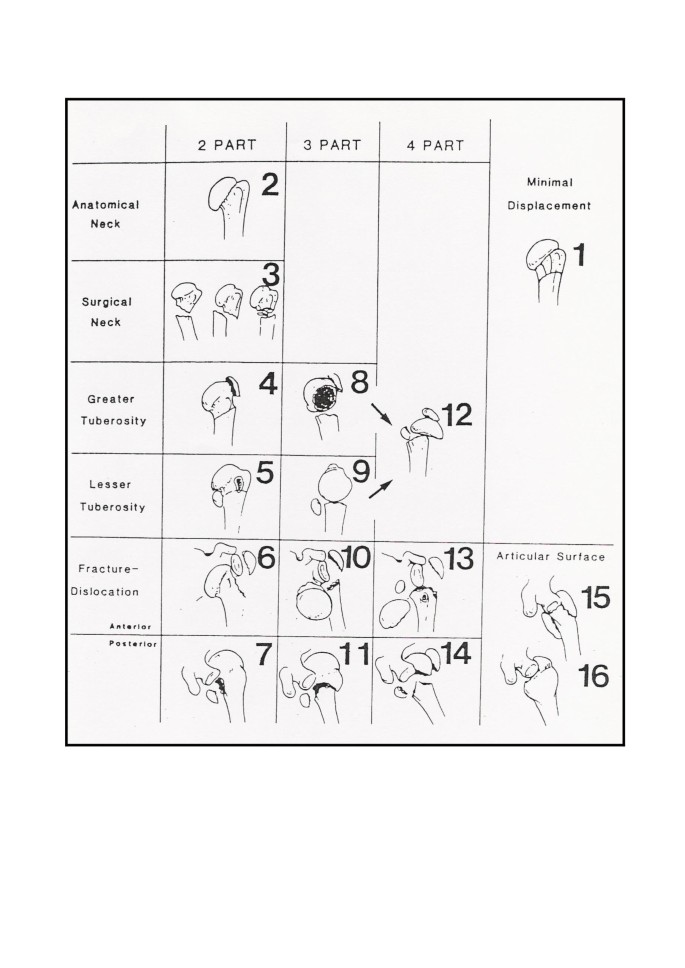
Translation Between The Neer And The Ao Ota Classification For Proximal Humeral Fractures Do We Need To Be Bilingual To Interpret The Scientific Literature Bmc Research Notes Full Text

Humerus Ao Ota Classification Reprinted With Permission Copyright By Download Scientific Diagram
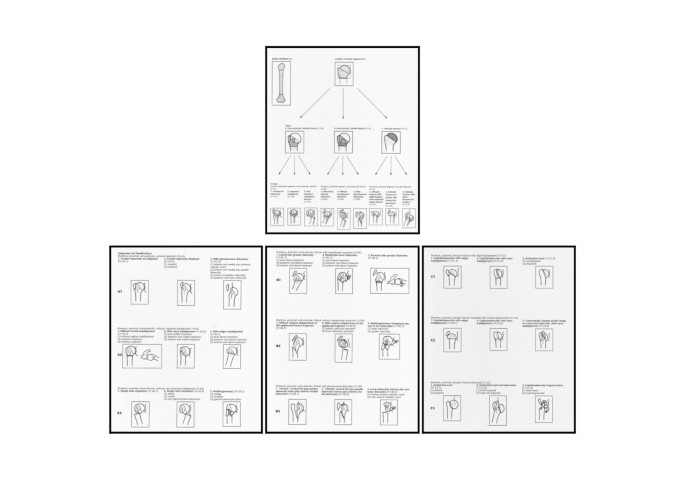
Translation Between The Neer And The Ao Ota Classification For Proximal Humeral Fractures Do We Need To Be Bilingual To Interpret The Scientific Literature Bmc Research Notes Full Text

Vas According Ao Classification In Proximal Humerus Fracture Download Table

Proximal Humerus Fracture Core Em

Table 2 From Interobserver Agreement Of Neer And Ao Classifications For Proximal Humeral Fractures Semantic Scholar

Humerus Ao Ota Classification Reprinted With Permission Copyright By Download Scientific Diagram

Ao Asif Fracture Classification Plastic Surgery Key
Humerus Shaft Aocms

Periprosthetic Humerus Fractures Classification Management And Review Of The Literature Gebrelul Annals Of Joint

Figure 2 From Plating In Proximal Humeral Fractures Semantic Scholar
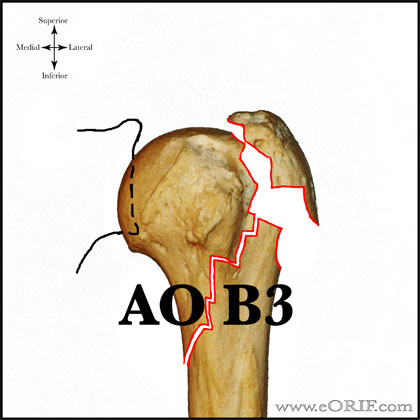
Proximal Humerus Fracture Classification Eorif
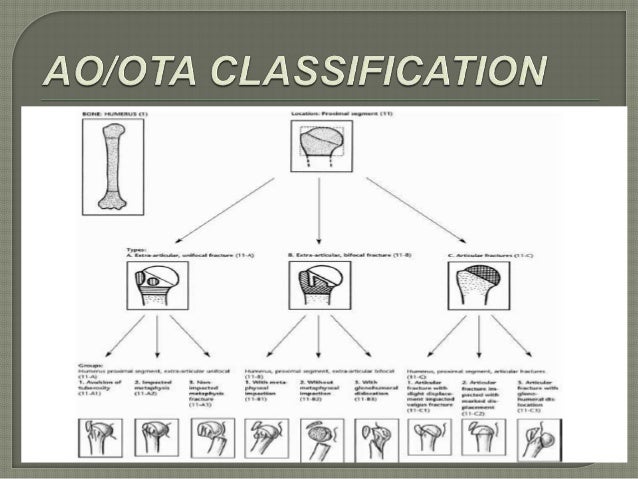
Proximal Humerus Fractures By Krr
Humerus Proximal Aocms
Deltopectoral Approach To The Proximal Humerus

Figure 1 From Functional Results Of Displaced Proximal Humerus Fractures In Children Treated By Elastic Stable Intramedullary Nail Semantic Scholar

Figure 1 From Poor Interobserver Reliability Of Ao Classification Of Fractures Of The Distal Radius Additional Computed Tomography Is Of Minor Value Semantic Scholar
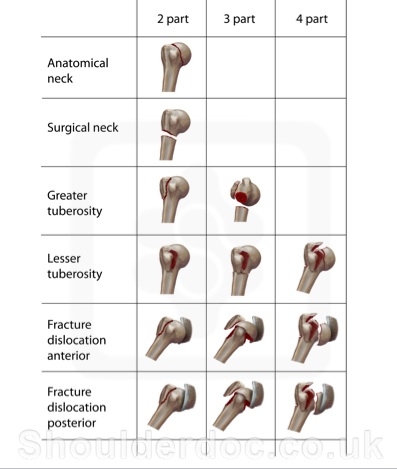
Proximal Humerus Fracture Classifications Shoulderdoc
Deltopectoral Approach To The Proximal Humerus
Q Tbn 3aand9gcrhgp0cnnepekhjjpnzdzmtqitkyingr3kkdrhfi7luhfkgdiq4 Usqp Cau

Fracture Severity Based On Classification Does Not Predict Outcome Following Proximal Humerus Fracture

Open Reduction And Internal Fixation Of Displaced Proximal Humerus Fractures With Ao Stainless Steel T Plate
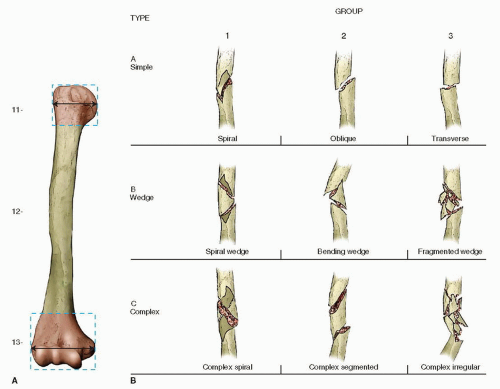
Humeral Shaft Fractures Open Reduction Internal Fixation Musculoskeletal Key
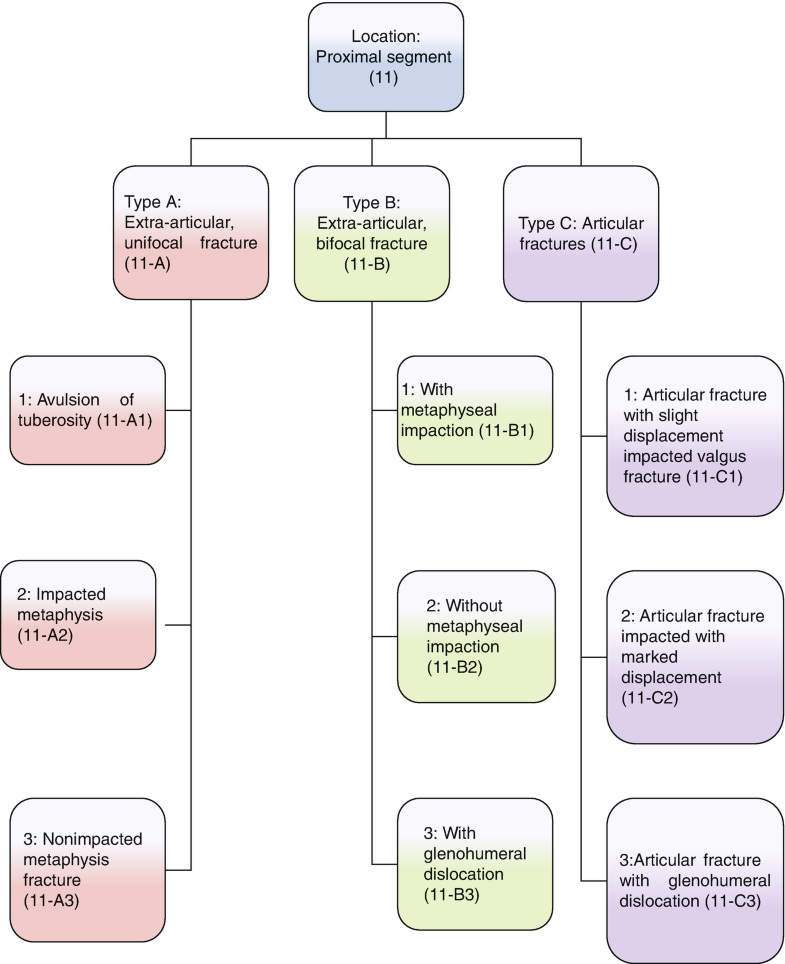
Classification Of Humeral Fractures Springerlink
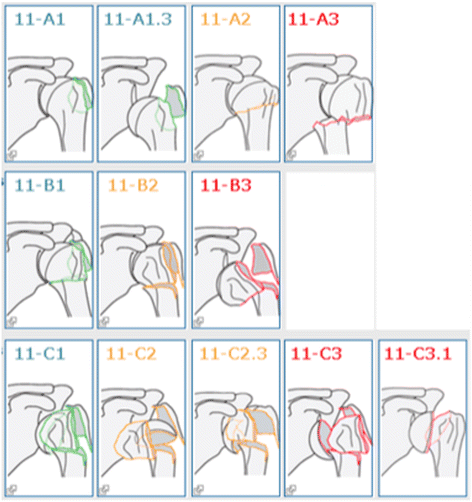
Validity Of Humerus Fracture Classification In The Swedish Fracture Register Springerlink

Proximal Humerus Fractures Evaluation Management And Nonsurgical Treatment Sciencedirect
Plos One Correlation Between Classification And Secondary Screw Penetration In Proximal Humeral Fractures

Proximal Humerus Fracture Core Em
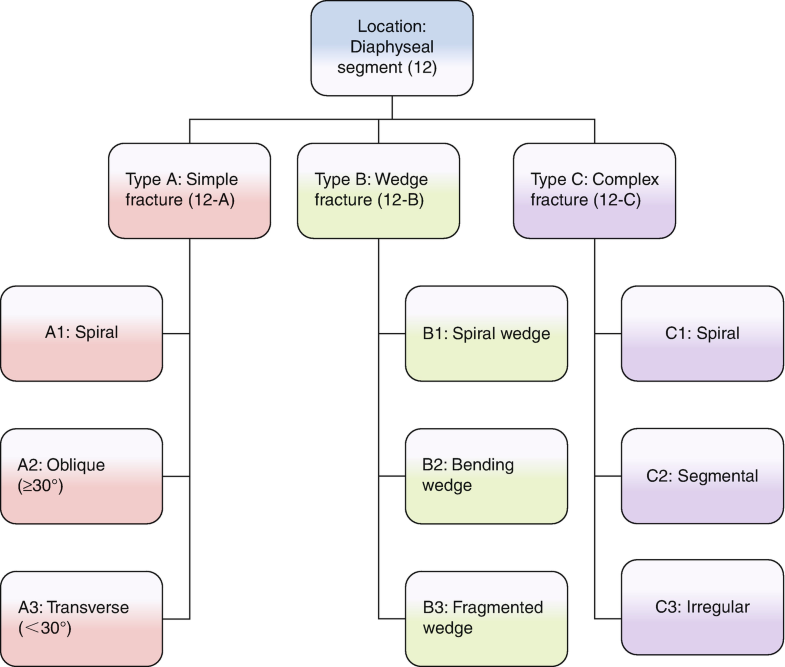
Classification Of Humeral Fractures Springerlink

Proximal Humerus Fractures Classifications The Neer Ao Other Doctor Shoulder

The Three Types And Nine Groups Of The Ao Classification For Proximal Download Scientific Diagram
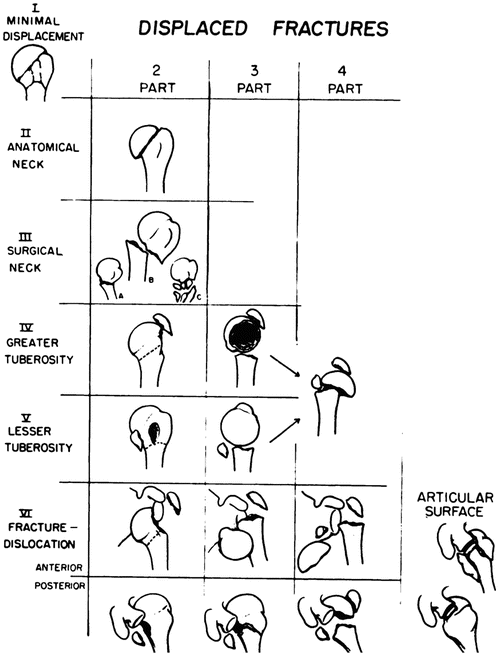
Anatomy And Classification Of Proximal Humerus Fractures Springerlink
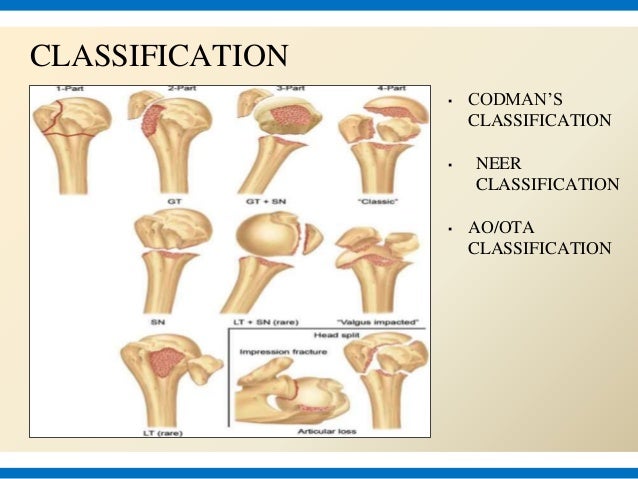
Mipo Technique For Proximal Humerus Fracture
Classification Of Children S Fractures
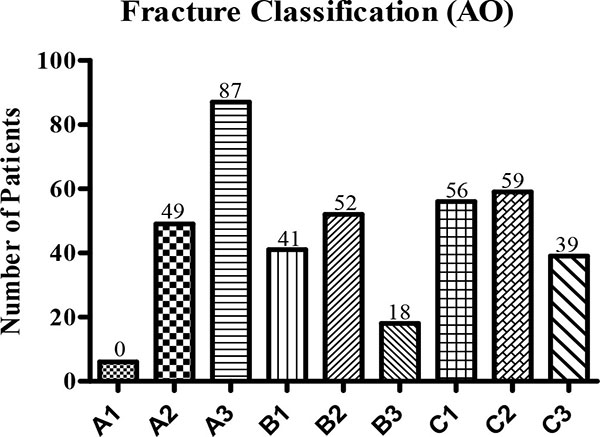
Humeral Tip Apex Distance As A Prognostic Marker For Proximal Humeral Fractures In 3 Patients

Figure 6 From The Arteries Of The Humeral Head And Their Relevance In Fracture Treatment Semantic Scholar
Http Www Achot Cz Dwnld Achot 11 3 185 1 Pdf

Table 2 From Interobserver Agreement Of Neer And Ao Classifications For Proximal Humeral Fractures Semantic Scholar

Treatment Of Humeral Shaft Fractures By A Single Elastic Stable Intramedullary Nail In Children Abosalim El Din Af El Mowafy Hm Menoufia Med J

The Three Types And Nine Groups Of The Ao Classification For Proximal Download Scientific Diagram

Proximal Humerus Fractures Evaluation Management And Nonsurgical Treatment Sciencedirect
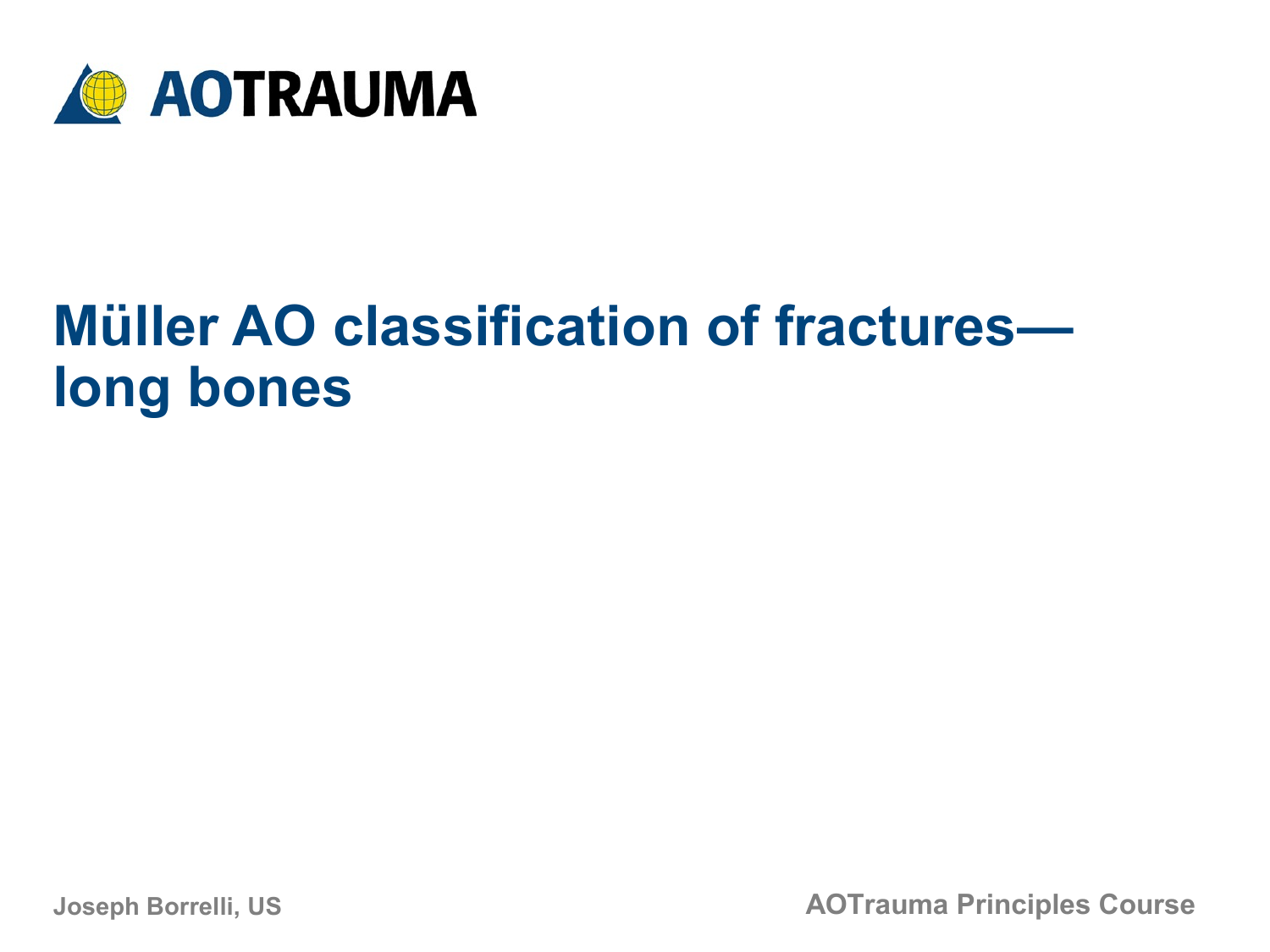
Ao Classification

Reliability And Reproducibility Of The New Ao Ota 18 Classification System For Proximal Humeral Fractures A Comparison Of Three Different Classification Systems Semantic Scholar



